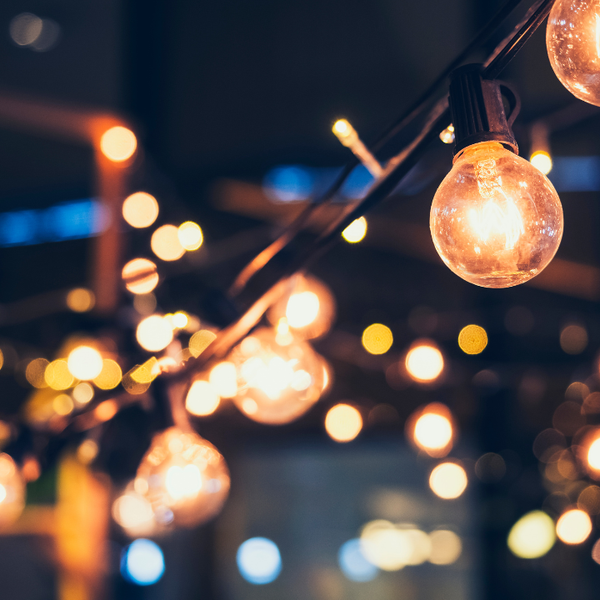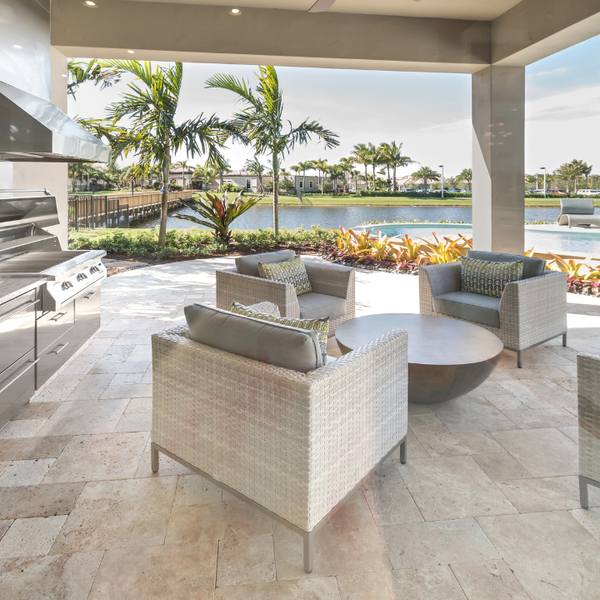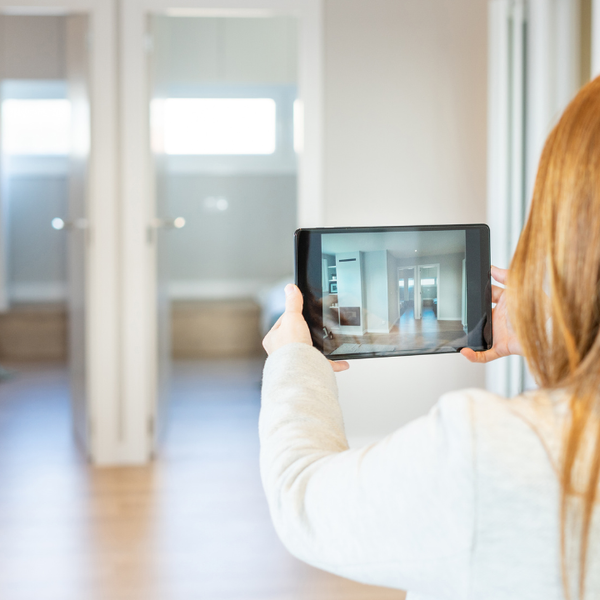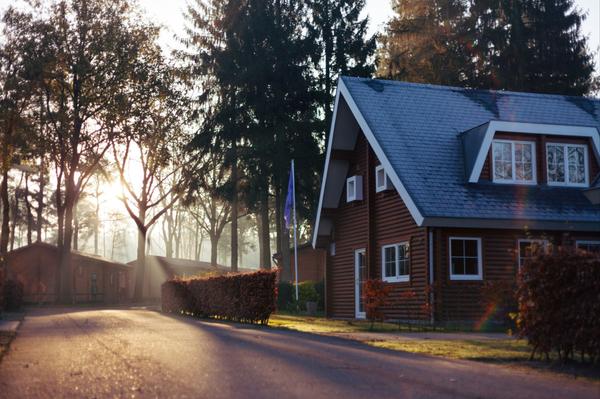Transform Your Home into an Energy-Saving Oasis
Saving energy is not only good for the environment but it can also save you money on your utility bills. While many energy-saving tips are often aimed at homeowners, renters can also benefit from taking steps to reduce their energy consumption. Here are some energy-saving tips that can benefit both renters and homeowners.
One of the simplest ways to save energy is by switching to LED light bulbs. LED bulbs use significantly less energy than traditional incandescent bulbs and can last up to 25 times longer. This means that even though they may be more expensive to purchase initially, they will ultimately save you money in the long run.
Another way to reduce energy consumption is by using power strips. Electronics such as televisions, computers, and chargers continue to use power even when they are not in use, but plugging them into a power strip that can be turned off can help to reduce this "standby power" usage.
Investing in a programmable thermostat can also help save energy and money. A programmable thermostat allows you to set the temperature in your home based on your schedule, meaning you can automatically reduce heating or cooling when you are not at home and turn it back on just before you return.
Using fans instead of air conditioning is an energy-efficient way to cool your home. Fans can also be used in conjunction with air conditioning to reduce the amount of energy the air conditioning system uses. Sealing windows and doors can also help to reduce energy waste by keeping warm air in during the winter and cool air in during the summer.
Taking advantage of natural light can also help to reduce energy consumption. Opening curtains or blinds during the day can reduce the need for artificial lighting and help save energy and money on your electricity bill.
When purchasing new appliances, look for energy-efficient models that are designed to use less energy than traditional models. This will not only help to reduce your energy consumption but also save you money on your electricity bill.
Reducing your water usage is another way to save energy and money. Taking shorter showers and fixing leaks can help reduce the amount of hot water you use, which in turn reduces energy usage. Investing in energy-efficient light fixtures such as CFLs and LEDs can also help reduce energy consumption while still providing sufficient lighting.
Finally, many electronics come with energy-saving power settings that can help reduce energy usage. By using these power settings, you can help reduce the amount of energy your devices use and save money on your electricity bill.
In conclusion, saving energy is a simple and effective way to reduce your utility bills and help the environment. Whether you're a renter or homeowner, following these energy-saving tips can help you save money and contribute to a more sustainable future.
Categories
Recent Posts










